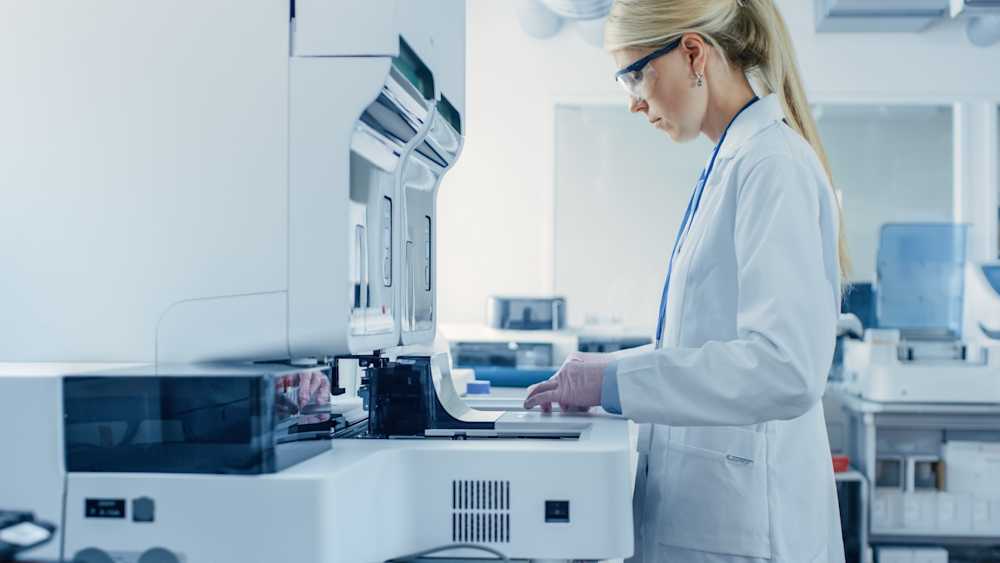When looking for a testing laboratory for a new analysis need, you (hopefully) find yourself in a situation where you have offers from several laboratories and need to choose the one to send the samples to. While price and turnaround time are obvious things to consider, many additional factors should be kept in mind, especially if the testing need is a recurring one. Here are some of our top tips for selecting the most suitable lab in different situations.
What to consider when comparing labs?
Price and additional costs
Turnaround time
Method differences
Laboratory location
Level of customer service
Accreditation status
Other quality management systems
Terms of sale
Payment options
References
1. Price and additional costs of analysis
Price is an obvious selection criterion for most customers, especially since it can vary considerably between different service providers. It's a good idea to request an offer from multiple laboratories, as the price of analysis in one lab can be several times more expensive than the cheapest option.
Other things to take into account are additional fees from reporting, sample preparation, and the cost of shipping the samples. You should always compare the offers so that you consider the full cost of the project, not just the price per analysis.
2. Turnaround time
Just like price, turnaround time can vary greatly between laboratories. These differences originate from differences in the method of analysis and the busyness level of the laboratory at the time of ordering. Possible delays due to holidays should also be inquired about if receiving the results on time is critical for proceeding with the project.
One more thing to consider is the duration of the sample shipment – if one laboratory is located in your city and another in a distant foreign country, the shipment can add a substantial amount of time to getting the analysis results.
3. Differences in analysis methods
In some cases, laboratories may use different instruments for the same measurement, resulting in variations in the sensitivity and/or accuracy of the method. Even if all the offered methods are accurate enough for your current need, you should consider if they serve your future needs. If you are likely to need the same analysis in the future with higher sensitivity, you might want to start ordering from the laboratory offering the most sensitive measurements, ensuring you have comparable results over time.
4. Laboratory location
It may be easier to send samples to a local laboratory, but sending samples abroad can save a lot of money in analysis costs. Shipping dangerous goods – such as flammable liquids – to a foreign country can be tricky, as this usually happens by air transport and requires personnel with IATA training. With other sample types, however, international shipping is usually not an issue. It is thus worth considering the right balance between optimizing costs and making things easy.
5. Level of customer service
This important factor is often overlooked when choosing a laboratory. You may have questions about sample requirements, the technicalities of the method, or the results, just to name a few. This makes getting high-quality expert service with short response times a clear benefit.
6. Accreditation status
Even if you don't need an accredited test result for compliance purposes, accreditation by ISO/IEC 17025 gives the laboratory credibility. Just keep in mind that an accredited laboratory is not the same thing as an accredited method. Also, if the accreditation is not necessary, selecting a non-accredited method or laboratory can help save some money in analysis costs.
7. Other quality management systems
Even if the laboratory isn't accredited, it may still have other quality systems. Some commonly used ones are GLP (Good Laboratory Practices) and ISO 9001. These also give credibility to the laboratory even if they are not quite the same as accreditation.
8. Terms of sale
Checking the terms of sale can also be a relevant thing to do when selecting a supplier of laboratory testing services. Consider, for example, if the laboratory offers a free repeat analysis if the measurement goes wrong and whether indirect damage caused by faulty results is covered (usually it is not).
9. Payment options and terms
Some laboratories require advance payment for analyses, especially from new customers. This might feel risky, especially if the analyses are more expensive. But fear not, we have never encountered a situation where the laboratory wouldn’t try to analyze our samples, or would refuse to refund the payment if the measurement couldn't be performed successfully. However, if you have company-specific requirements regarding payment terms, you should make sure that these can be agreed on.
10. References
Checking for references is always a good idea. Especially if you manage to find some "hidden gem" like a foreign laboratory with exceptionally affordable prices, but feel like you would like some assurance before selecting them as your analysis provider. However, remember that many laboratories choose not to have any public references, but that doesn't mean that they don't provide quality services.
Conclusions
To sum up the discussion, there are many things you could consider when choosing a material testing lab. The selection is seldom as complex as this list of aspects might suggest, however, as the goals of the testing project usually make the selection much more straightforward. Sometimes results are needed as quickly as possible, sometimes price differences are so large that cost becomes the sole driving factor, and sometimes lab and method accreditation are the most important considerations.
If searching for laboratories and requesting offers feels like a lot of work, you can turn to Measurlabs instead. We have already compared multiple laboratories for each of the thousands of tests we offer - selecting the ones that provide the best value for money, so you don't have to go through all the hassle.
Tell us about your testing needs using the form below, and our experts will get back to you in one business day.

